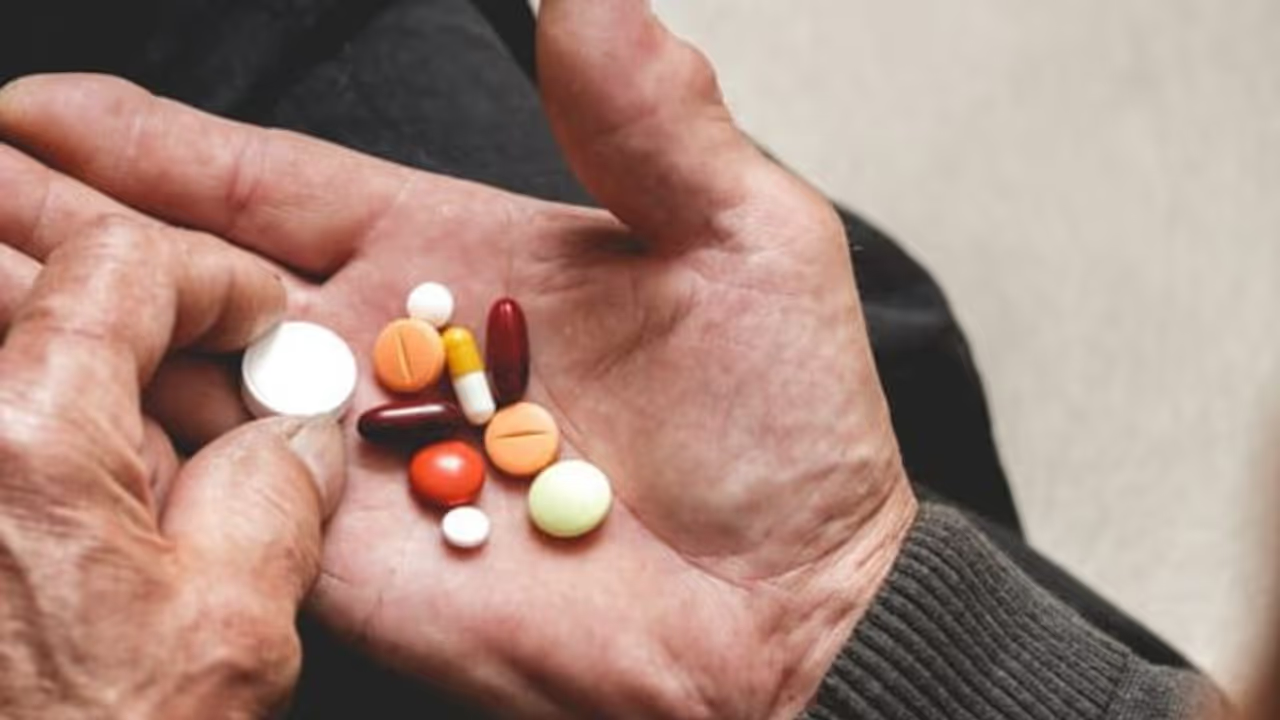Once a trusted fever remedy, Dolo-650 has become India’s most overused pill, often taken like candy. Doctors now warn of liver damage and delayed diagnosis from its misuse, sparking serious concerns and legal scrutiny.
Let’s face it, if India had a national over-the-counter obsession, it wouldn't be Hajmola or Vicks. It would be Dolo-650. This tiny white tablet, once just another paracetamol brand, has now reached cult status. Got a fever? Dolo. Headache? Dolo. Feeling meh? Still Dolo.

But while millions have reached for it like a trusty sidekick, doctors are now issuing a grim warning: we’re popping this pill like candy, and that's a problem.
A tweet, a truth, and a nationwide confession
It only took one tweet to blow the lid off India’s pill-popping culture.
“Indians take Dolo-650 like it’s Cadbury Gems,” tweeted US-based gastroenterologist Dr. Palaniappan Manickam (aka Dr. Pal). It was cheeky, but also a little too accurate. The tweet went viral, and Indians responded in kind, with memes, laughter, and then... confessions.
Thousands admitted they took Dolo-650 not just for fever, but for fatigue, bodyache, stress, late nights, and sometimes—just in case. A medicine meant for targeted, limited use had become the comfort candy of the masses.
What’s inside the nation’s favourite pill?
Manufactured by Micro Labs Limited, Dolo-650 contains 650 mg of paracetamol, a higher dose than the standard 500 mg tablet. It gained massive traction during the COVID-19 pandemic, when people were advised to take paracetamol to manage mild symptoms or post-vaccine side effects.
According to IQVIA, a leading healthcare research firm, Dolo-650 was among the top-selling medicines in India during the second wave. It even went viral for all the right (and wrong) reasons—memes branded it India’s unofficial snack.
But here's the catch: paracetamol, especially in large or frequent doses, can seriously harm your liver.
The dark side of Dolo: What doctors want you to know
Dr. Pal’s viral tweet had a punchline, but also a punch: “It’s not candy.” Paracetamol overdose is among the leading causes of acute liver failure worldwide.
The liver processes medications, breaking down toxins. But when you repeatedly take high doses—or combine it with other meds that contain paracetamol—you overload the liver. This can lead to liver inflammation, toxicity, and in severe cases, failure.
Worse, self-medication often masks critical symptoms. Fever, for instance, is a sign of infection. Taking Dolo-650 may lower the fever—but not treat the cause. This delays diagnosis, making serious illnesses harder to catch early.
From prescriptions to PILs: A Rs 1,000 crore controversy
Dolo-650’s popularity hasn’t been entirely organic. In 2022, a Public Interest Litigation (PIL) was filed in the Supreme Court, accusing Micro Labs of distributing freebies worth Rs 1,000 crore to doctors to promote the brand.
The case sparked debate about the ethics of pharmaceutical marketing, especially when Justice DY Chandrachud himself remarked, “I was also asked to have the same when I had COVID. This is a serious issue.”
Whether or not there was malpractice, the impact is clear: Dolo became a default prescription—even when it wasn’t always necessary.
The bottom line: Don’t self-medicate your way into liver damage
Paracetamol is safe—when used correctly. But its reputation as a “harmless” drug has made people reckless. And unlike controlled substances, it's available over the counter, making it dangerously easy to overuse.
Doctors recommend:
- Never exceed 4,000 mg (4g) of paracetamol in a day.
- Watch for hidden paracetamol in cold/flu meds—double dosing is common.
- Avoid regular, unsupervised use. If you’re reaching for Dolo often, it’s time to see a doctor.
- Listen to your body, not just your medicine cabinet. Fatigue, pain, and fever are signals—don’t mute them without understanding why they’re there.
- Final dose: A candy-coated habit with bitter consequences
Dolo-650 isn’t evil. But India’s blind faith in it might be. The little white pill that once felt like a fever-fighting friend has now become a symbol of medical overconfidence—easy, familiar, and overused.
So the next time someone offers you a Dolo like it’s a mint, ask yourself:
Do I need relief, or do I need a real diagnosis?
Because even the most innocent-looking candy can come with a bitter aftertaste.


